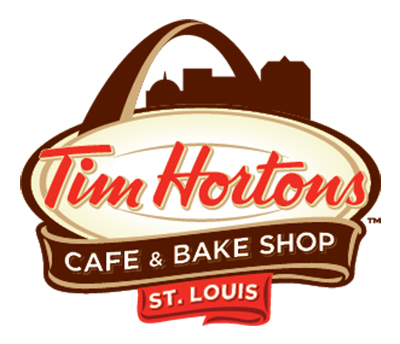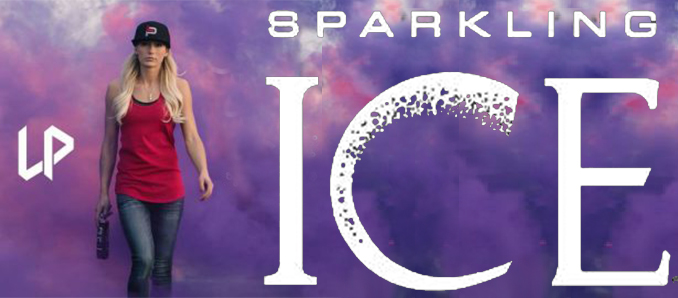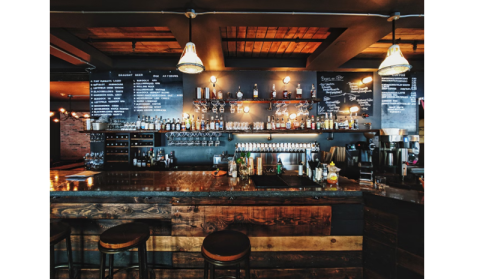Sustainably sourced products are growing in popularity as demand increases. A 2024 PwC Study found that consumers are willing to spend 9.7% more on sustainably produced products, even as inflation concerns weigh heavy on many. Consumers are becoming more aware of what is in the food they eat and the clothes they wear, and some companies are stepping up to meet these consumer demands.
The food and beverage industry is just one area where sustainability is making a significant impact. Food and beverage products have come back in full force since the pandemic, and business owners are turning to sustainability to progress the industry. According to Forbes, 55% of surveyed business leaders are increasing their investments in more sustainable practices.
With sustainability becoming so important in food and beverage, what exactly makes a brand sustainable, and what should you look for? Read on to discover the key components of a sustainable food and beverage brand and some of the brands disrupting the industry today.
What is Sustainability in Food & Beverage?
The United States Environmental Protection Agency defines sustainability as “meeting today’s needs without compromising the ability of future generations to meet their needs. It is about taking action to protect our shared environment—air, water, land, and ecosystems—in ways that are economically viable…”
In the food and beverage industry, sustainable practices are implemented in the production of products, packaging, and transportation of goods. Here are some things to consider when looking for sustainable food and beverage products.
Transparency
Transparency rules sustainability. Sustainable and ethically produced products make their mission evident with branded packaging, ingredients, and their mission. When shopping for sustainable products, consider the ingredients list and avoid products that seem heavily greenwashed.
Certified Organic
Certified organic products are food items produced according to the United States Department of Agriculture’s organic standards. These products cycle through resources, conserve biodiversity, and preserve ecological balance (USDA). For packaged items, this means no GMOs, no artificial colors, preservatives, or flavors, and can be traced from farm to store.
Support for Environmental Causes
Many brands support environmental and social causes as a part of their mission in sustainability. For example, some brands aim to reduce their carbon footprint by recycling plastic and improving their packaging sustainability.
Top Sustainable Food Brands
Beyond Meat
Beyond Meat is a vegan and plant-based company specializing in meat products with a mission to serve our health and environment. By producing plant-based products, Beyond Meat produces ten times less greenhouse gas emissions with their vegan meat patties than beef patties.
Patagonia Provisions
Patagonia Provisions, a business venture from Patagonia, strives to make an agricultural impact. Patagonia Provisions uses Regenerative Organic Agriculture and ethical fishing practices to help the planet. Patagonia Provisions has also donated over two million dollars to help fund environmentally and socially beneficial food systems.
Sweet Diplomacy
Sweet Diplomacy creates allergen-conscious baked goods from scratch. You can get delicious cookies that are gluten-free, dairy-free, vegan, and more. Sweet Diplomacy uses clean, plant-based ingredients and compostable, unbleached packaging for a safer sweet treat experience.
GoMacro
GoMacro makes 100% organic protein bars with FODMAP-friendly ingredients. GoMacro partners with local farms and fair trade distributors for their ingredients and uses solar and renewable energy to power their facilities. Additionally, GoMacro has planted over 1,000 acres of forest to earn its status as a Carbon Neutral company.
Top Sustainable Beverage Brands
Oatly
Oatly, a top contender in the oat milk industry, has a long list of sustainability goals that aim to shift the standard in sustainability. Oatly dropped its corporate climate footprint by 17% in 2023, uses 100% renewable energy in all factories, and continues to strive for more sustainable practices with recycled packaging and more.
La Colombe
La Colombe has made its mark with multiple store locations across the nation, along with products stacked on grocery shelves. With a large footprint in the coffee industry, La Colombe takes sustainable responsibility by diverting waste from landfills with its packaging and composting unused coffee grounds at its facility.
Táche
Táche is a plant-based milk brand using pistachios to create a smaller environmental footprint. Almonds use about 97 gallons of water to grow one ounce, whereas pistachios use about 75% less to grow the same amount. Táche pistachio milk has a year-long shelf life and uses recyclable packaging.
Rahm Roast
Rahm Roast, founded by scientist Dr. Christina Rahm, brings to market a toxin-free, FairTrade, clean coffee that maintains its exceptional flavors. Dr. Rahm is dedicated to providing clean products to the world that benefit the environment instead of hurting it. Rahm Roast follows this mission by partnering with groups to give back to conversation projects, community support foundations, and other means that help better those around it.
Through dedication to sustainable products, we can improve the state of our environment and our health by consuming eco-friendly foods. There are even more brands than those listed here that value sustainability and make conscious choices to make sustainable products. Brands that value sustainability in their products will lead the way for other brands to do the same and allow consumers to make educated purchasing decisions.








